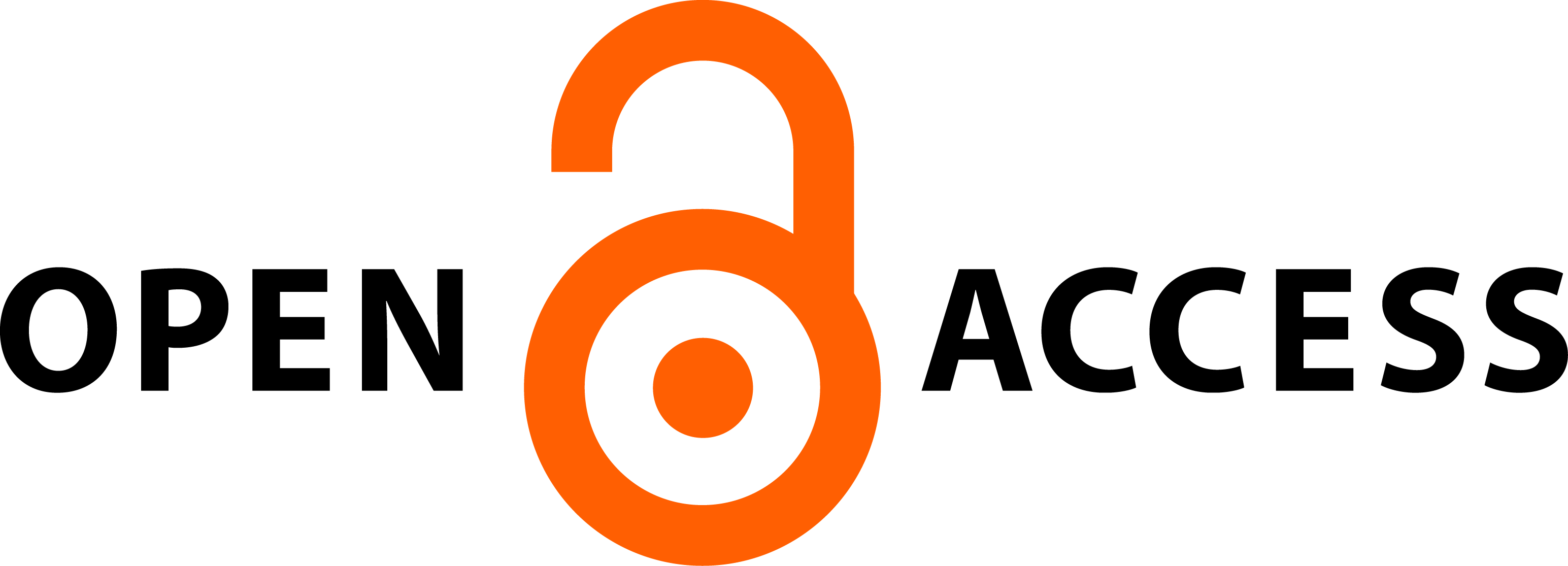Konsep Pendidikan Pembiasaan Perspektif Ibnu Miskawaih
DOI:
https://doi.org/10.21154/muslimheritage.v6i2.3308Keywords:
Ibn Miskawaih, Pembiasaan, Pendidikan IslamAbstract
Abstract
Currently, discussions related to moral education are being discussed very hotly. As a scholar as well as a Muslim philosopher who was quite famous in his time, Ibnu Miskawaih had his own concept regarding how to cultivate good morals in students. As it is known that he is a scholar as well as a Muslim philosopher who pays more attention to the field of sahsiah. This research is intended so that we can understand the concept of the best moral education in the perspective of Ibnu Miskawaih in instilling good morals in students as objects of education. This literature research focuses on the formation of the Muslim personality based on the perspective of Ibnu Miskawaih. The author tries to dig deeper into the literature related to the moral philosophy that was initiated by Ibnu Miskawaih, which is then compared and a conclusion is drawn. In this study, it was found that the core of all moral inculcation activities in students is habituation. Because human nature can develop according to the environment and time in life. However, it cannot be denied that genetics also has its own role in shaping one's character. Therefore, it is appropriate that Ibnu Miskawaih is called the father of Islamic ethics with a progressive view. He does not deny the existence of genetics in his moral concept, on the contrary he also does not consider that genetics is absolute. He believes that a person's character can be formed with the help of aspects outside the individual.
Abstrak
Dewasa ini diskusi terkait pendidikan akhlak sedang sangat hangat dibicarakan. Selaku cendekiawan sekaligus seorang ahli filsafat muslim yang cukup terkenal pada masanya, Ibnu Miskawaih memiliki konsep tersendiri terkait cara memupuk akhlak baik dalam diri peserta didik. Sebagaimana diketahui bahwa beliau adalah seorang cendekiawan sekaligus seorang ahli filsafat muslim yang memberikan perhatian lebih pada bidang sahsiah. Penelitian ini ditujuankan agar kita dapat memahami konsep terbaik perspektif Ibnu Miskawaih untuk menanamkan akhlak baik pada diri siswa selaku objek pendidikan. Penelitian yang bersifat kepustakaan ini memfokuskan kepada pembentukan peribadi muslim berdasarkan persepektif Ibnu Miskawaih. Penulis berusaha menggali lebih dalam literatur-literatur yang berkaitan dengan filsafat akhlak yang dicetuskan oleh Ibnu Miskawaih, yang kemudian dilakukan komparasi dan dibina sebuah kesimpulan. Pada penelitian ini, ditemukan inti dari seluruh aktivitas penanaman akhlak pada peserta didik adalah pembiasaan. Karena sejatinya watak manusia itu dapat berkembang sesuai dengan lingkungan dan waktu dalam kehidupannya. Namun demikian tidak dapat dipungkiri bahwa genetika juga membawa peran tersendiri dalam pembentukan watak seseorang. Oleh itu, pantaslah jika Ibnu Miskawaih disebut sebagai Bapak Etika Islam yang berpandangan progresif. Beliau tidak menafikan adanya genetika dalam konsep akhlak beliau, sebaliknya beliau juga tidak menganggap bahwa genetika itu bersifat mutlak. Beliau percaya bahwa karakter seseorang dapat dibentuk dengan bantuan aspek-aspek di luar diri individu tersebut.
Downloads
Published
Issue
Section
License
Requirements to be met by the author as follows:
- Author storing copyright and grant the journal right of first publication manuscripts simultaneously with licensed under the Creative Commons Attribution License that allows others to share the work with a statement of the work's authorship and initial publication in this journal.
- Authors can enter into the preparation of additional contractual separately for non-exclusive distribution of a rich version of the journal issue (eg:post it to an institutional repository or publish it in a book), with the recognition of initial publication in this journal.
- Authors are allowed and encouraged to post their work online (eg, in institutional repositories or on their website) prior to and during the submission process, because it can lead to productive exchanges, as well as citations earlier and more severe than published works. (see The Effect of Open Access).

















